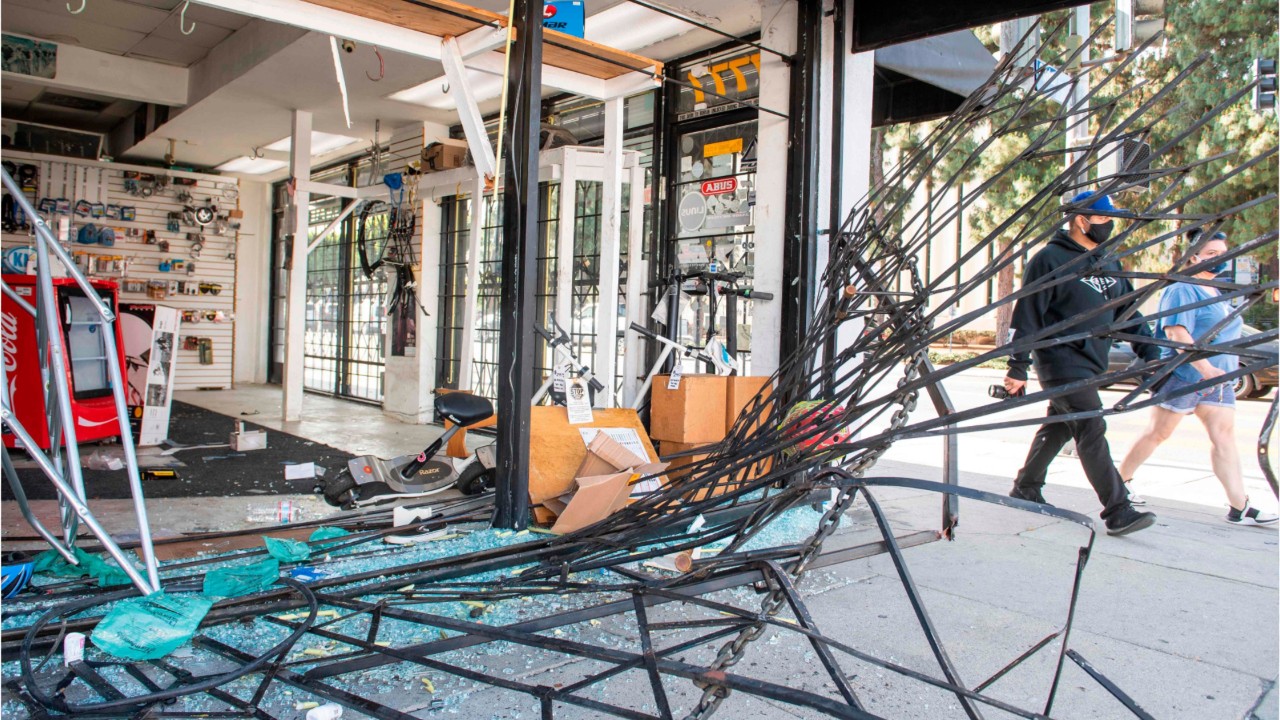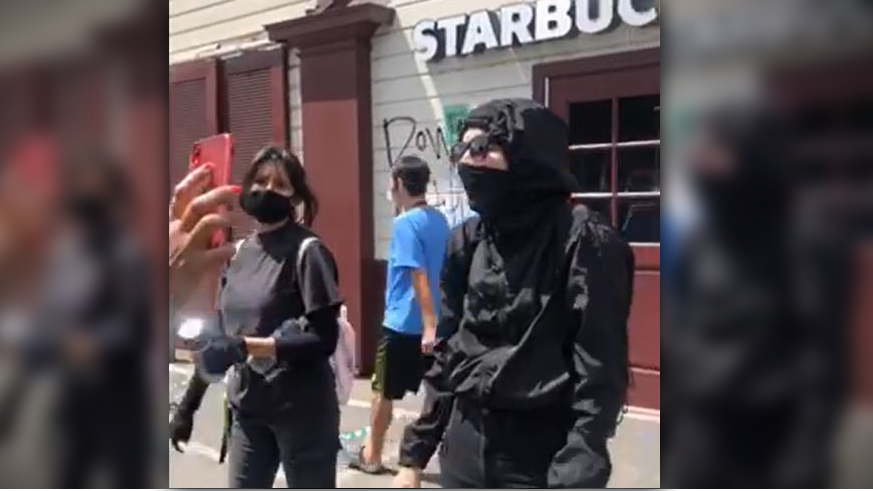Depression and anxiety rates spiked among black Americans after George Floyd’s death, survey finds
CINCINNATI - Anxiety and depression among black Americans increased after the death of George Floyd, data from the U.S. Census Bureau shows.
The U.S. Census Bureau originally launched the Household Pulse Survey to obtain data on the social and economic impacts of the coronavirus pandemic on Americans. But the findings suggest that recent demonstrations and debate over systemic racism has disproportionately impacted the mental health of black Americans, compared to other races.
The weekly survey began at the end of April, designed to gauge the outbreak’s effect on finances, housing, education and physical and mental health.
Floyd, a black man, was pinned to the pavement May 25 by a white Minneapolis police officer who put his knee on Floyd's neck for several minutes, even after Floyd stopped responding. Bystander video of his death was widely shared and sparked protests in every state across the U.S. and in cities around the world — calling for an end to police brutality.
It also seemingly prompted a reckoning with racism for many in America, igniting debates and sending books like “How to be an Antiracist” and “White Fragility” to the top of best-seller lists.
A week after the video of Floyd’s death went viral, data from the Census Bureau’s survey shows that black Americans who reported significant signs of anxiety or depression jumped from 36% to 41%.
For Asian Americans, those with signs of anxiety or depression rose from 28% to 34%.
Meanwhile, rates of anxiety and depression among white Americans remained relatively the same. For Hispanic and Latino Americans, it decreased from 42% to 38%.
More than 94,000 people responded to the most recent survey taken between May 28 and June 2.
Questions in the 20-minute survey were from screening tools used by doctors to help determine whether patients might have major depressive disorder or generalized anxiety disorder, according to the Washington Post — offering a look at the country’s collective mental health from that week.
Data collected by the Centers for Disease Control and Prevention in 2019 also draws a stark comparison to Americans’ mental health before and after the pandemic. Rates of depression and anxiety symptoms have more than tripled, with black Americans being hit the hardest, according to the Post.
RELATED: CDC director apologizes for 'inadequate' coronavirus data on racial disparities
“When we think about the impact of COVID-19 among black Americans and other underserved populations — they have had to remain in the workforce or they have felt the effect of unemployment,” Erlanger Turner, a licensed psychologist and assistant professor of psychology at Pepperdine University, told the Washington Post.
“When you add the police killings from the last couple of weeks, it makes sense that you would see additional stress among the black community.”
This story was reported from Cincinnati. The Associated Press contributed.




